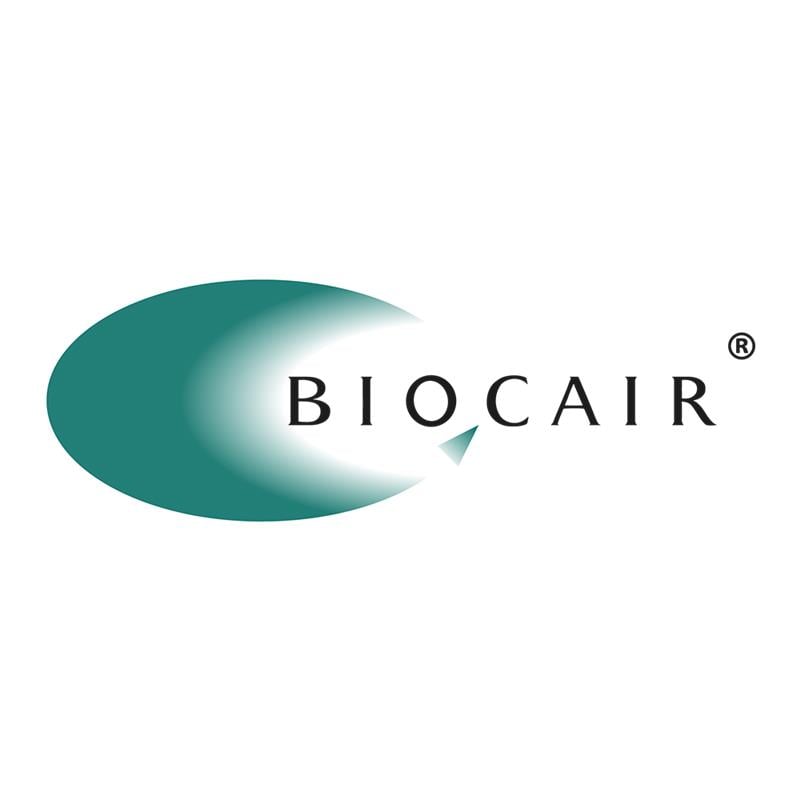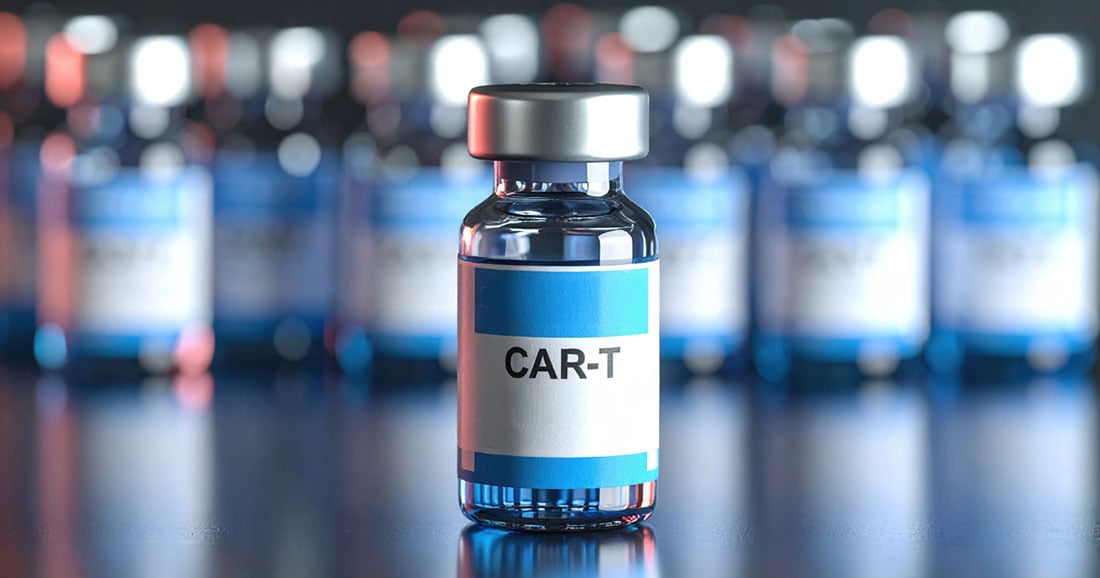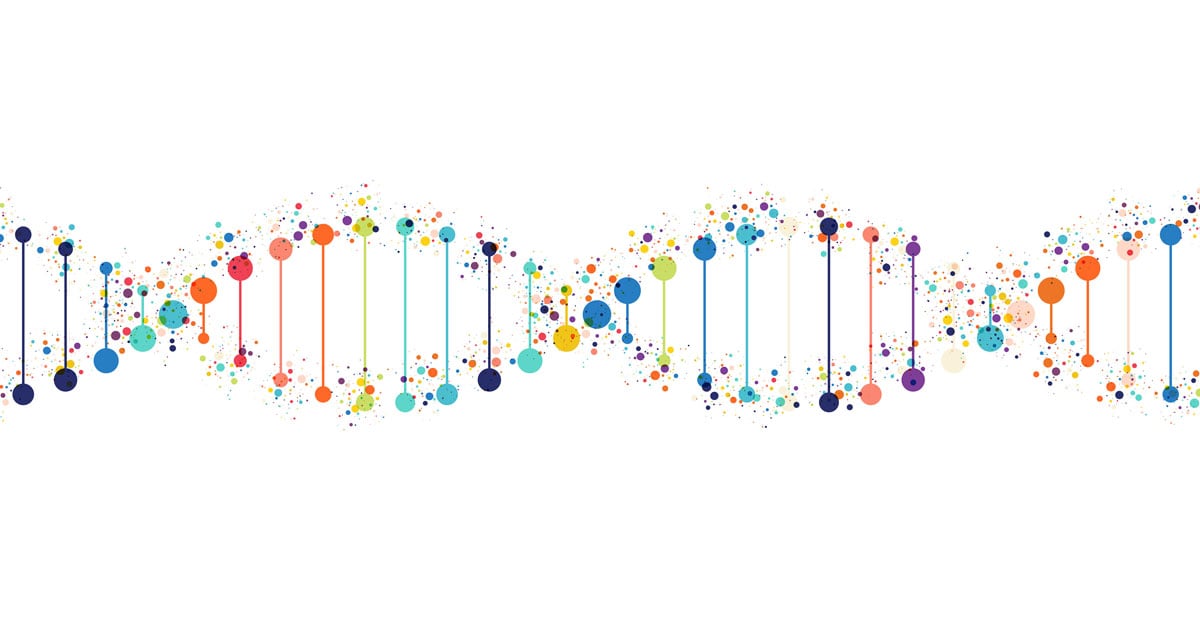Cell and gene therapies (CGTs) are transforming the treatment of chronic and life-threatening diseases—from rare genetic conditions to aggressive cancers. With dozens of new therapies receiving regulatory approval and hundreds more in the pipeline, demand is rising rapidly—not only in developed markets but also in emerging economies.
Yet, the promise of CGT is not equally distributed.
While emerging markets are home to growing patient populations and rising clinical trial activity, logistical infrastructure and readiness often lag behind. This disparity risks creating a global access gap—where life-saving therapies exist but can't be safely delivered.
Ultra-Specialized, Ultra-Challenging Logistics
Unlike traditional biologics, cell and gene therapies require an even greater level of precision and personalization when it comes to logistics. Many are autologous—made from a patient's own cells—so timing, traceability, and viability are critical. That means:
- Cryogenic shipping (-150°C or lower) is essential
- Shipments are often time-sensitive, with tight vein-to-vein windows
- End-to-end chain of custody and identity tracking is non-negotiable
- Storage and handling must meet GDP and GxP compliance standards
These conditions are difficult to meet even in well-developed markets. In many emerging regions, the supporting ecosystem is still evolving.
Infrastructure Gaps That Threaten Treatment Integrity
In parts of Asia, Latin America, Africa, and Eastern Europe, logistics providers often face:
- Limited access to cryogenic storage at airports or facilities
- Unreliable power grids that impact cold chain stability
- Inadequate airport handling capabilities for CGT-grade materials
- Insufficient trained personnel in handling fragile, personalized shipments
Even small disruptions—like a missed connection or delay at a customs checkpoint—can render a CGT shipment useless, wasting precious material and putting patient outcomes at risk.
Regulatory & Process Challenges
Beyond infrastructure, regulatory inconsistencies present another major hurdle. Some emerging markets:
- Lack clear classification for advanced therapy medicinal products (ATMPs)
- Require lengthy or unpredictable import/export permit timelines
- Do not recognize international certifications like IATA DG or GDP standards
- Have limited awareness among airline officials about the sensitivity of CGT materials
Without harmonized frameworks, CGT sponsors and logistics providers face significant unpredictability—and patients may experience long delays or exclusion from trials and treatments.
Building Readiness: What Needs to Change
To close the logistics gap, stakeholders in emerging markets must invest in:
- Cryogenic infrastructure at key transport hubs
- Training programs for customs, cargo handlers, and clinical staff
- Policy frameworks aligned with ICH, EMA, and FDA guidance
- Partnerships with global logistics providers that specialize in CGT transport
- Integrated digital systems for real-time tracking, chain of identity, and compliance reporting
Multinational sponsors should also consider early logistics consultation during trial planning—not as a last-mile concern, but as a strategic pillar of market entry.
Turning Challenges into Opportunities
While the obstacles are real, so are the opportunities. Emerging markets are already becoming essential to global trials, and many governments are eager to adopt innovative therapies. With the right infrastructure and partnerships in place, these regions can become leaders—not just consumers—in the CGT revolution.
Forward-thinking logistics providers can play a key role by:
- Sharing global best practices
- Investing in regional capabilities
- Establishing CGT-ready transport corridors
- Offering end-to-end support, from clinical trials to commercial launches
Conclusion: No Patient Left Behind
The cell and gene therapy era is here, but its full potential won’t be realized until the logistics gap in emerging markets is closed. Ensuring safe, timely, and compliant delivery of these therapies is not just a technical challenge—it’s a global health imperative.
At Biocair, we’re committed to building the infrastructure, partnerships, and expertise needed to bring CGTs to patients around the world. Because innovation means nothing if it can't reach the people who need it most.
Related Contents:

Biocair
Cold Chain Solutions for Life Sciences and Pharma
Biocair is a global logistics provider specializing in pharmaceutical, biotechnology and life sciences supply chain solutions with nearly 40 years of experience. By assembling a team of best-in-class industry experts in quality, cold chain and regulatory compliance, Biocair focuses on providing the most comprehensive time-sensitive and temperature-controlled solutions.





